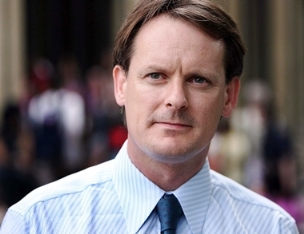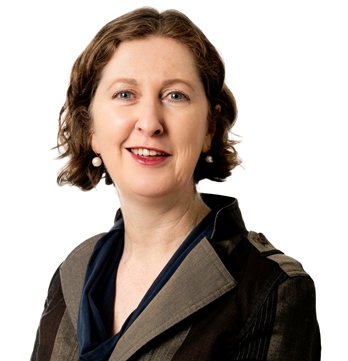
Peter Power, Executive Director, UNICEF
A joint campaign has been launched by four education bodies to call for urgent action on resourcing the return to school.
The organisations believe that COVID-19 poses serious threats to the Education Sector. They are calling jointly on the new Minister for Education Norma Foley to urgently and proactively address the challenges ahead for students, parents/guardians, guidance counsellors, and school staff returning to school in August.
The newly formed campaign group includes:
United Nations International Children’s Emergency Fund (UNICEF)
The National Parents Council Post Primary (NPCPP)
Irish Second-Level Students Union (ISSU)
Institute of Guidance Counsellors (IGC)

Noel Keenan, President of the Education & Training Boards National Parents Association
(ETBsNPA)
Decisive leadership and decision-making are paramount in the weeks ahead, says the campaign group. Policy-makers/ decision-makers must address the key issue of resourcing in schools for the following areas:
Peter Power, Executive Director, UNICEF, advised:

Beatrice Dooley, President, Institute of Guidance Counsellors
“An entire generation of children has seen its education disrupted. When children return to school, they must be guided through the adjustment. UNICEF is calling for a commitment from Government that the special supports children need will be put in place now, with particular consideration given to the needs of vulnerable or disadvantaged children. UNICEF’s Framework for the Reopening of Schools contains recommendations on compensating learning, wellness and protection, and reaching the most marginalised. This is also an opportunity to reimagine. Schools must look at how they can reopen better.”
Speaking for parents, Noel Keenan, Vice President of NPCPP, stated:
“This pandemic will exacerbate existing educational inequalities. Parents and guardians have legitimate concerns regarding academic progression, given that significant time for learning was lost during the closure of schools.”
ISSU and NPCPP issued a joint survey to their members this week.
Reuban Murray, President, Irish Second-Level Students Union, explained:
“The syllabus of each subject must be adapted to reflect the deficits in key elements of their course that students have encountered, specifically 5th-year and 2nd-year students. Since COVID, we have taken on more than people realise, some of us were carers and minders yet still expected to get school work done.”

Reuban Murray, President, Irish Second Level Students Union
Beatrice Dooley, President of IGC, said:
“Guidance counsellors, already under acute pressure, will be overwhelmed with a tsunami of anxious students post rentrée. An immediate reversal of austerity-era cuts to our allocations is now urgently needed”.
The IGC’s recent survey of second-level schools/colleges of further education (IGC, 2020), shows out of the 301 respondents, in 64 schools guidance counsellors currently deliver non-guidance counselling classroom teaching and spend 6.84 hours weekly on time-tabled classroom teaching.